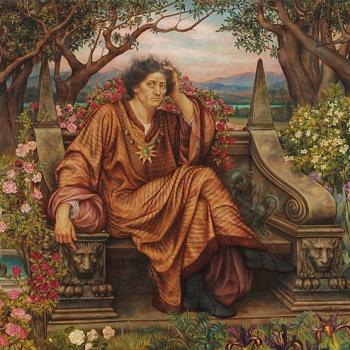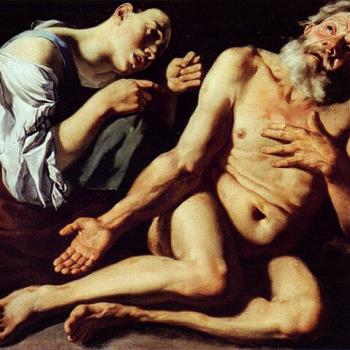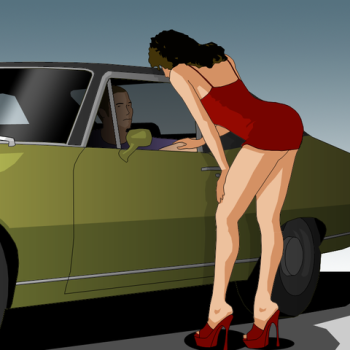The word enthusiasm has undergone a near total reversal of meaning – or at least of its emotional penumbra – since the seventeenth century. In the world of English Anglicanism at the time, to be labelled an “enthusiast” was derogatory in the extreme. It denoted extremism and fanaticism, as opposed to the orderly, rational, Lockean, Age-of-Enlightenment moderation of the Established Church. Methodists were enthusiasts; Quakers were, too, and any other nonconformists who dared involve the heart as well as the brain in their religious lives.
Today, of course, to be called “enthusiastic” is considered high praise indeed. It’s not uncommon for people of every stripe to say, matter-of-factly, that they are “excited” to take part in any activity, no matter how humdrum. “I’m excited to be a part of this webinar on insect husbandry” – “I’m excited to be involved in your research on ancient Mesoamerican foot ailments”, etc, etc. It is almost a sin to be less than enthusiastic about any matter, regardless of its quotidian nature.
This reversal of connotation derives largely from the First and Second Great Awakenings in Britain and North America, as well as the Romantic Movement that swept Europe and the young United States. After the early nineteenth century it became de rigueur to be emotionally involved in just about every aspect of life, and to parade one’s exaggerated feelings in artful and colorful terms. The gulf that separates the two views of the word enthusiasm can be seen most strikingly if you compare the Characteristics of Men, Morals, Opinions, Times, by the Third Earl of Shaftesbury, with Sinners in the Hands of an Angry God, by Jonathan Edwards. The latter dates from a mere thirty years after the first edition of the former.
The jarring discrepancy between these works (in the case of Shaftesbury I’m looking at the first part of his book, entitled “A Letter Concerning Enthusiasm”) could not be any more pronounced. On the Englishman’s part the tone is supercilious and ironic – throughout, he is smiling as he suggests defeating all “enthusiasts” in religion with humor, condescension, wit and “good humour”. Under the guise of being friendly to Christianity, the earl can hardly contain his sense of sneering fun, as he roundaboutly lambasts adherents of the more emotional denominations. Though more deist than Christian, Shaftesbury embodies the snide and whimsical side of the Anglican attitude at the time. He introduces himself as someone who is going to indulge his gentle readers with light, albeit highly refined, fare of a conversational sort. He proceeds to write a dense, condensed, thoughtful, colorful prose that suggests – on the one hand — the Essays of Francis Bacon, and, on the other, the witty asides of Sydney Smith.
Jonathan Edwards, by contrast, is the example par excellence of hellfire and brimstone. He writes a jeremiad that is still being talked about for its violence of expression and extravagance of imagery. Here is emotionalism in religion writ large. Edwards pulls out all the stops, and leaves his congregation in fits of weeping and paroxysms of piety. Instead of Shaftesbury’s cool, sophisticated, worldly wit, we find an extended harangue that uses every conceivable rhetorical tool, to move every imaginable sensation in its audience. Aside from its evangelical purpose (which is genuine and sincere), the sermon is a high watermark in sensationalism.
So. Where do we fall now on the scale of enthusiasm when it comes to our faith? Where should we? Do we successfully balance our quiet times and our peaceful Bible studies with the “excitement” we profess in every other part of life? Is our music-energized church worship the perfect complement to our silent time in the “prayer closet”?
Perhaps.
















